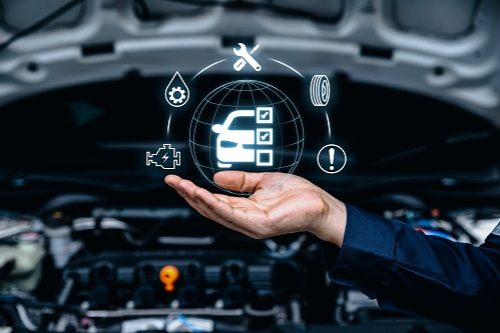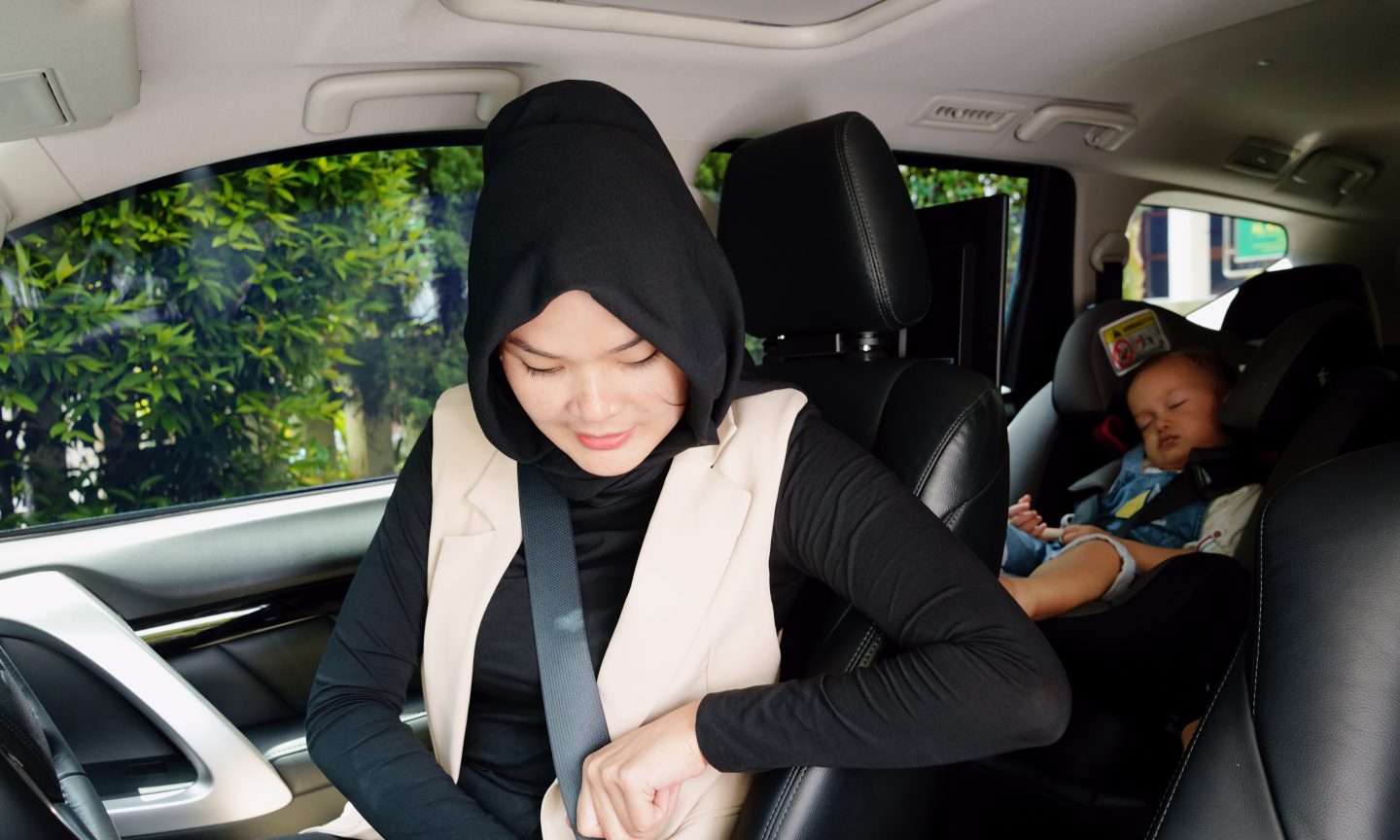Liability car insurance provides financial protection for drivers who harm someone else or their property while operating a vehicle.
Amy Fontinelle has more than 15 years of experience covering personal finance—insurance, home ownership, retirement planning, financial aid, budgeting, and credit cards—as well corporate finance and accounting, economics, and investing. In addition to Investopedia, she has written for Forbes Advisor, The Motley Fool, Credible, and Insider and is the managing editor of an economics journal. She is a graduate of Washington University in St. Louis.
Charlene Rhinehart is an expert in accounting, banking, investing, real estate, and personal finance. She is a CPA, CFE, Chair of the Illinois CPA Society Individual Tax Committee, and was recognized as one of Practice Ignition's Top 50 women in accounting. She is the founder of Wealth Women Daily and an author.
Liability car insurance is the part of a car insurance policy that provides financial protection for a driver who harms someone else or their property while operating a vehicle. Car liability insurance only covers injuries or damages to third parties and their property—not to the driver or the driver’s property, which may be separately covered by other parts of their policy. The two components of liability car insurance are bodily injury liability and property damage liability. Every state except New Hampshire requires drivers to have some degree of liability coverage.
Liability car insurance helps cover the cost of damage resulting from a car accident. In many states, if a driver is found to be at fault in the accident, their insurance company will pay the property and medical expenses of other parties involved in the accident up to the limits set by the policy.
In states with no-fault auto insurance, however, drivers involved in an accident must first file a claim with their own insurance companies regardless of who was at fault. In those states, drivers are typically required to purchase personal injury protection (PIP) coverage, which covers their accident-related medical expenses as well as those of their passengers.



:max_bytes(150000):strip_icc()/auto-accident-involving-two-cars-on-a-city-street-970958674-a196dc719c4a464a99c5cf128f2b1aa2.jpg)
:max_bytes(150000):strip_icc()/GettyImages-sb10069770n-003-b3161baf08bb483c8d11603532abcbdc.jpg)



















